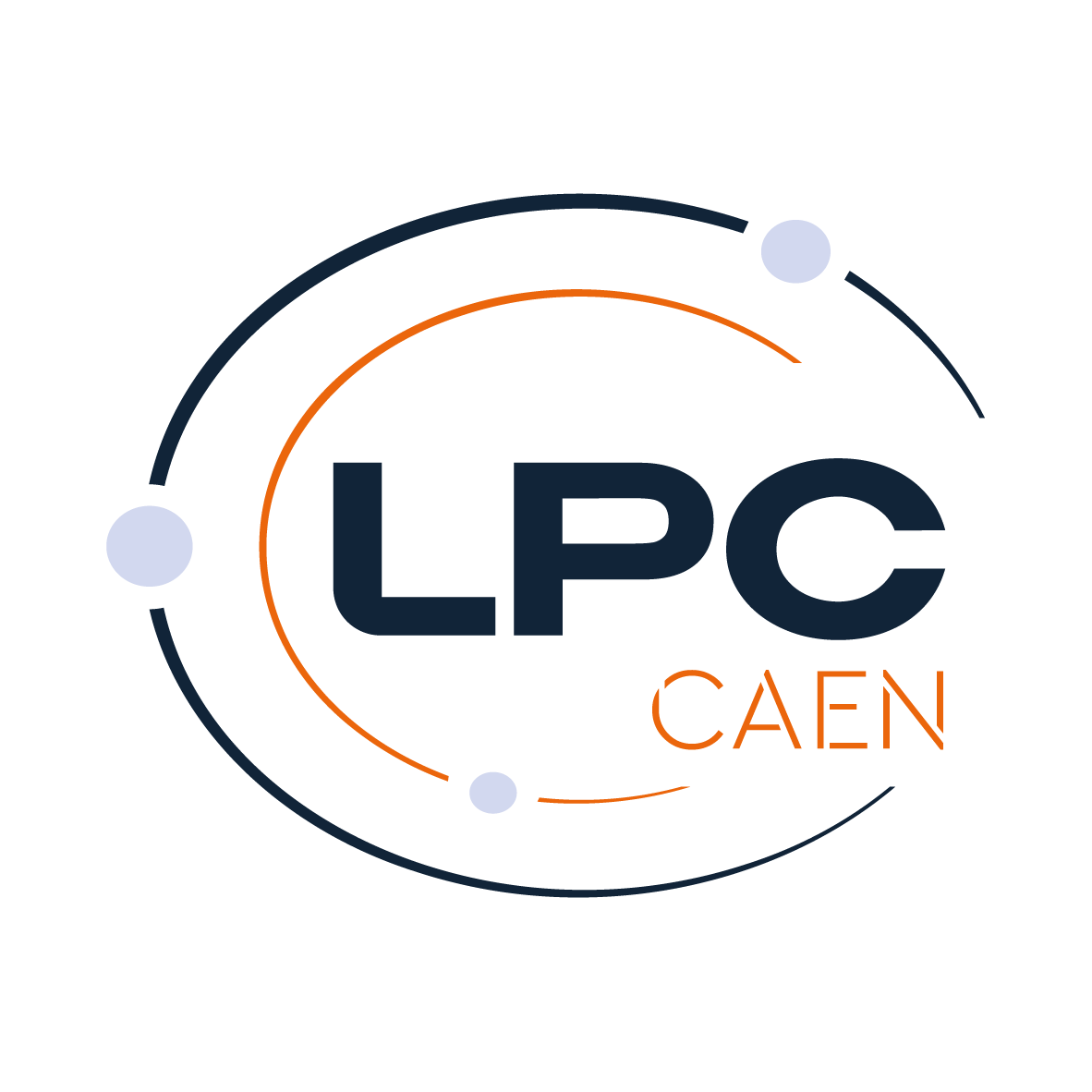CYRAD: a translational study assessing immune response to radiotherapy by photons or protons in postoperative head and neck cancer patients through circulating leukocyte subpopulations and cytokine levels
Résumé
Background
Radiotherapy has both immunostimulant and immunosuppressive effects, particularly in radiationinduced lymphopenia. Proton therapy has demonstrated potential in mitigating this lymphopenia, yet the mechanisms by which different types of radiation affect the immune system function are not fully characterized. The Circulating Immunes Cells, Cytokines and Brain Radiotherapy (CYRAD) trial aims to compare the effects of postoperative X-ray and proton radiotherapy on circulating leukocyte subpopulations and cytokine levels in patients with head and neck (CNS and ear nose throat) cancer.
Methods
CYRAD is a prospective, non-randomized, single-center non interventional study assessing changes in the circulating leukocyte subpopulations and cytokine levels in head and neck cancer patients receiving X-ray or proton radiotherapy following tumor resection. Dosimetry parameters, including dose deposited to organs-at-risk such as the blood and cervical lymph nodes, are computed. Participants undergo 29 to 35 radiotherapy sessions over 40 to 50 days, followed by a 3-month follow-up. Blood samples are collected before starting radiotherapy (baseline), before the 11th (D15) and 30th sessions (D40), and three months after completing radiotherapy. The study will be conducted with 40 patients, in 2 groups of 20 patients per modality of radiotherapy (proton therapy and photon therapy). Statistical analyses will assess the absolute and relative relationship between variations (depletion, recovery) in immune cells, biomarkers, dosimetry parameters and early outcomes.
Discussion
Previous research has primarily focused on radiation-induced lymphopenia, paying less attention to the specific impacts of radiation on different lymphoid and myeloid cell types. Early studies indicate that X-ray and proton irradiation may lead to divergent outcomes in leukocyte subpopulations within the bloodstream. Based on these preliminary findings, this study aims to refine our understanding of how proton therapy can better preserve immune function in postoperative (macroscopic tumor-free) head and neck cancer patients, potentially improving treatment outcomes.
Domaines
Sciences du Vivant [q-bio]| Origine | Publication financée par une institution |
|---|---|
| licence |


